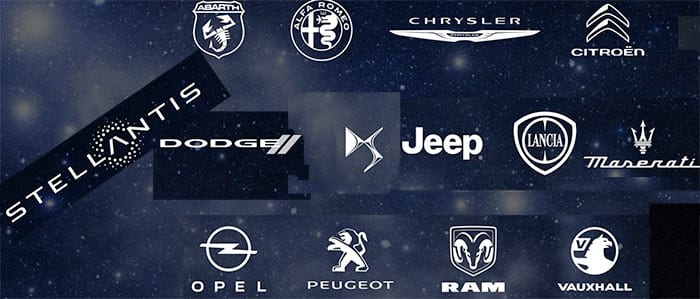Stellantis may be committed to selling only battery-electrics in Europe by 2030, but it is also testing “eFuels” (also known as “electrofuels”) on European vehicles made since 2014. The company said eFuels could potentially be used on up to 28 million of their vehicles, possibly reducing another 400 million tons of carbon dioxide emissions in Europe from 2025 on.

eFuel is a synthetic fuel made from captured carbon dioxide and hydrogen using renewable energy. The advantage of this kind of fuel over hydrogen or batteries is its potential as a drop-in replacement: it could simply be used in place of gasoline or diesel fuel, depending on the formulation. The disadvantage, at this time, is much higher cost, but costs could potentially come down as the technologies mature. It also takes more energy than simply using battery power or hydrogen, and still emits methane and nitrous oxide as well as local pollution. However, eFuel can keep cars and trucks running longer, and may be the only serious replacement for long-haul aviation.
In theory, electrofuels use the same amount of carbon dioxide as they produce when burned.
Stellantis is validating 28 engine families made from 2014 to (projected) 2029, both gasoline and diesel, with tests for emissions, starting, power, reliability, durability, oil dilution, fuel storage and delivery, and other related issues. This is important in the European Union, which has a quota demanding a small percentage (1.1%) of eFuel use by 2030.